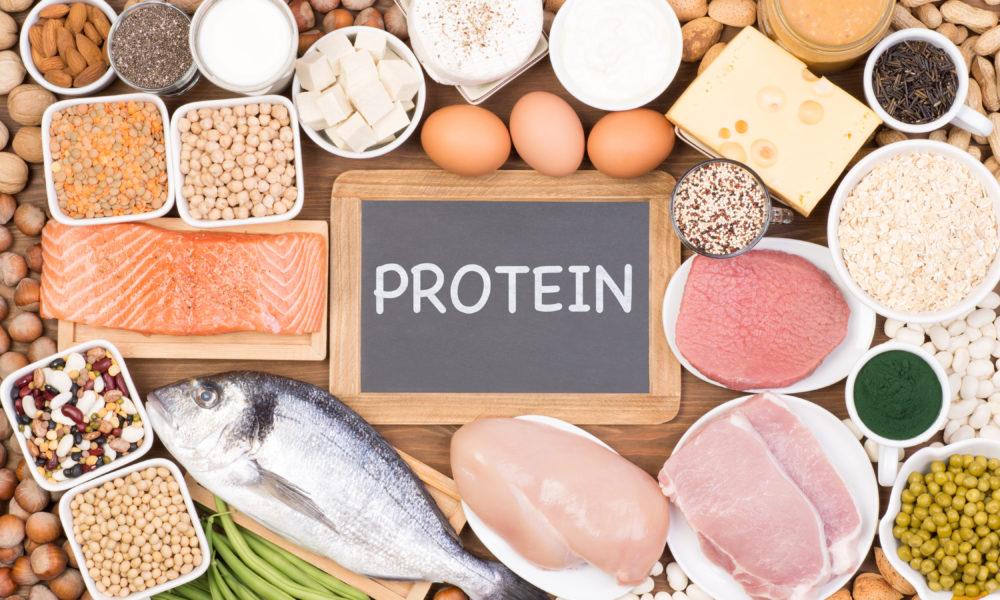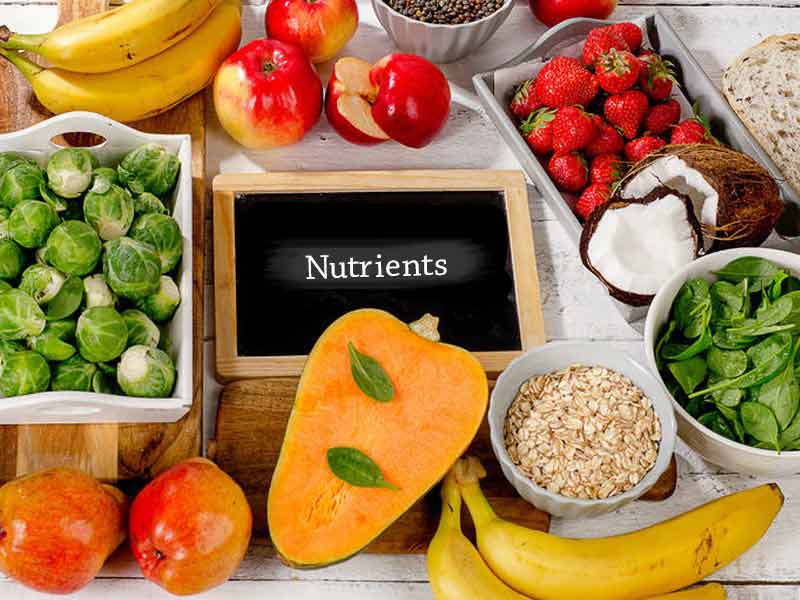
By clicking “Accept All Cookies”, you agree to the storing of cookies on your device to enhance site navigation, analyze site usage, and assist in our marketing efforts Cookies Policy.

1. Rich in Protein: One of the most significant benefits of eating dal is its high protein content. Protein is essential for building and repairing tissues, supporting muscle growth, and maintaining overall health. Including dal in your meals can help meet your daily protein requirements, especially for vegetarians and vegans who may rely on plant-based sources for protein.

2. Excellent Source of Fiber: Dal is a rich source of dietary fiber, which plays a crucial role in promoting digestive health. Fiber aids in regulating bowel movements, preventing constipation, and promoting a feeling of fullness, which can help control appetite and support weight management. Regular consumption of dal can contribute to a healthy digestive system and prevent gastrointestinal issues.

3. Low in Fat and Calories: Dal is naturally low in fat and calories, making it a healthy choice for those watching their weight or trying to maintain a balanced diet. Unlike fatty meats and processed foods, dal provides satiety without adding excess calories or unhealthy fats to your meals. It serves as a nutritious alternative to high-calorie foods while still offering essential nutrients.

4. Rich in Essential Nutrients: Dal is packed with essential nutrients such as iron, potassium, magnesium, folate, and vitamins B and C. These nutrients play various roles in maintaining overall health, including supporting heart health, boosting immune function, regulating blood sugar levels, and promoting healthy skin and hair. Including dal in your diet can help ensure you receive a wide range of nutrients necessary for optimal well-being.

5. Promotes Blood Sugar Control: The low glycemic index (GI) of dal makes it an ideal food choice for individuals with diabetes or those looking to manage blood sugar levels. Foods with a low GI are digested and absorbed slowly, leading to gradual increases in blood sugar levels and preventing spikes and crashes. Consuming dal as part of a balanced meal can help stabilize blood glucose levels and promote better glycemic control.

6. Supports Heart Health: Dal is a heart-healthy food that can help reduce the risk of cardiovascular diseases. Its high fiber content helps lower cholesterol levels, while its potassium and magnesium content contributes to maintaining healthy blood pressure levels. Additionally, the presence of antioxidants in dal helps combat inflammation and oxidative stress, further supporting heart health.

For breaking news and live news updates, like us on Facebook or follow us on Twitter and Instagram. Read more on Latest Dishes News on India.com.